Dhaka, Nov 29 (V7N) – A recent survey by Voice of America (VOA) reveals that a significant number of Bangladeshis believe the interim government provides better security for religious and ethnic minorities compared to the previous Awami League administration.
Conducted in late October, the survey found that 64.1% of respondents think minority safety has improved under the interim government, while 15.3% believe the situation has worsened, and 17.9% see no change. However, perceptions of security vary significantly between Muslims and non-Muslims.
Survey Details
The survey sampled 1,000 respondents to reflect Bangladesh's demographics, with an even gender split and 92.7% identifying as Muslim. Over half of the participants were below 34 years old, and around a quarter resided in urban areas.
Initial Violence and Stabilization Efforts
After the Awami League government fell on August 5, religious minorities, particularly Hindus, reportedly faced targeted attacks on homes, businesses, and places of worship.
Human rights activist Nur Khan Liton highlighted politically and religiously motivated violence, citing arson attacks on the Ahmadiyya community in Panchagarh as an example.
Meenakshi Ganguly, South Asia Director at Human Rights Watch, criticized past governments for neglecting minority rights, particularly in the Chittagong Hill Tracts and among Hindu and Ahmadiyya communities.
Under the interim government led by Dr. Muhammad Yunus, efforts to stabilize the situation have included collaboration between civil society, security forces, and religious groups to protect places of worship.
“Notable improvements were observed within a month due to collective efforts from the public, political parties, and religious groups,” said Nur Khan, now a member of the Commission on Enforced Disappearances.
Perception Divides
The survey revealed differing perceptions of safety:
- Among Muslim respondents, 13.9% felt security had worsened.
- For minorities, 33.9% believed their safety had declined.
Jayati Sarker, a Dhaka-based NGO worker, expressed mixed feelings, noting a sense of increased danger despite some relief from the absence of political intimidation. Similarly, Hiren Pandit, a rural program coordinator, observed improved security due to military deployment but remained cautious about long-term prospects.
International Concerns
The violence has garnered international attention, with India’s Ministry of External Affairs voicing concerns and US Secretary of State Antony Blinken discussing the issue with Dr. Yunus in September. Newly elected US President Donald Trump condemned the attacks on October 31 via social media.
Looking Ahead
Dr. Yunus, marking the interim government's 100 days, attributed much of the violence to political motives disguised as religious tensions.
Human rights activists remain cautiously optimistic, emphasizing the need for sustained efforts. "The sense of unease is diminishing, but the government’s actions over the next six to nine months will be critical for rebuilding trust," Nur Khan said.
END/MSS/AJ/HON



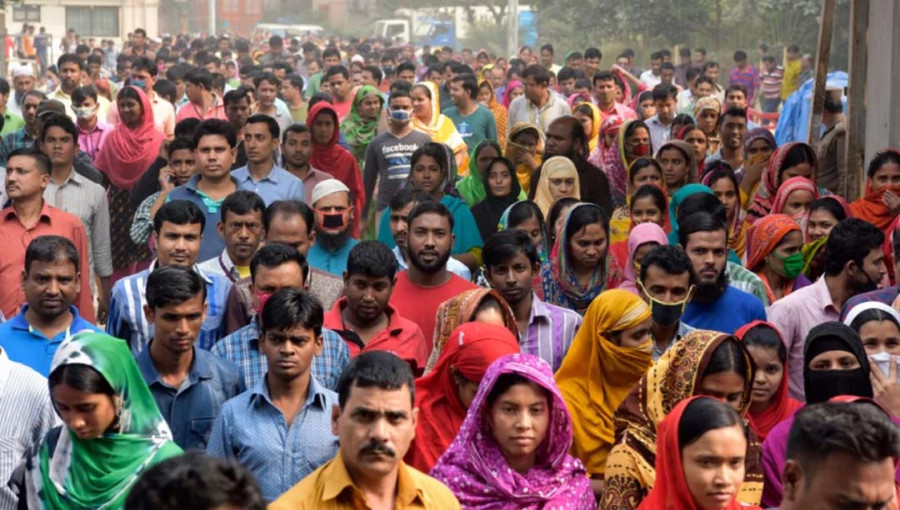







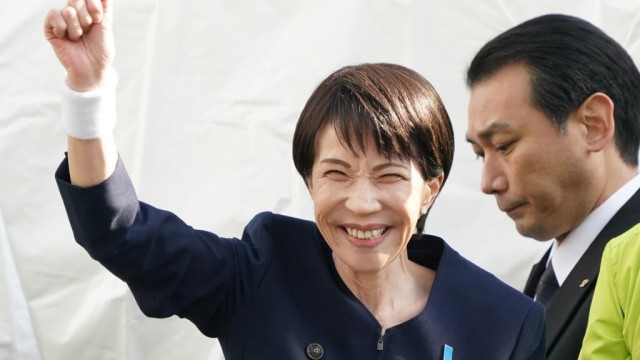



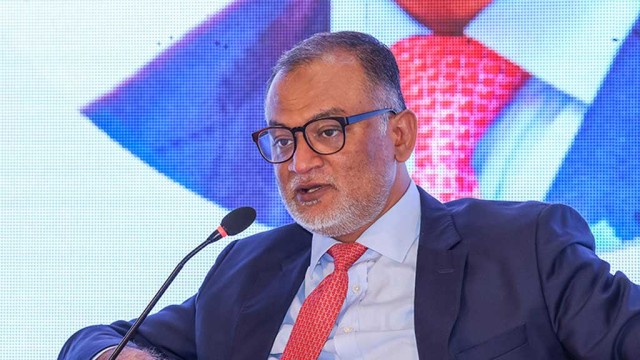


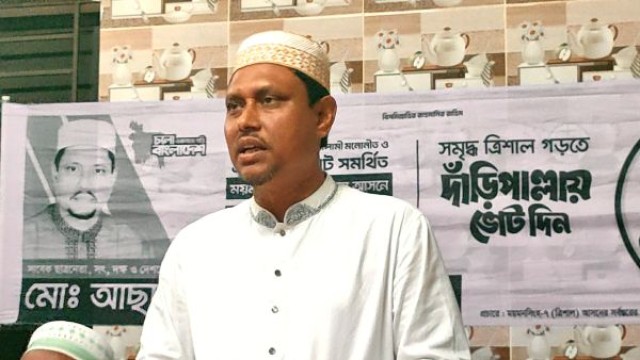
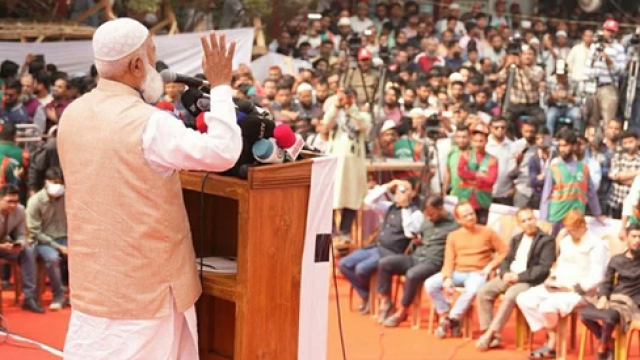











Comment: